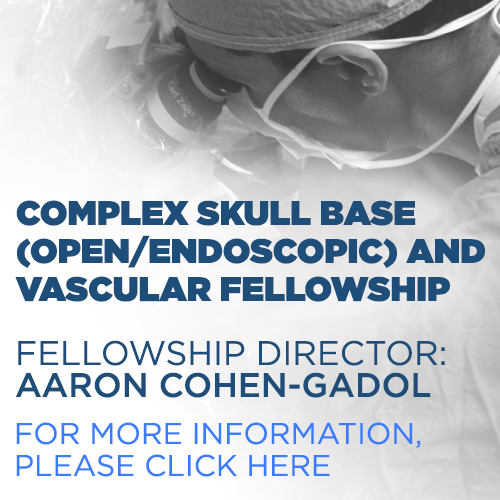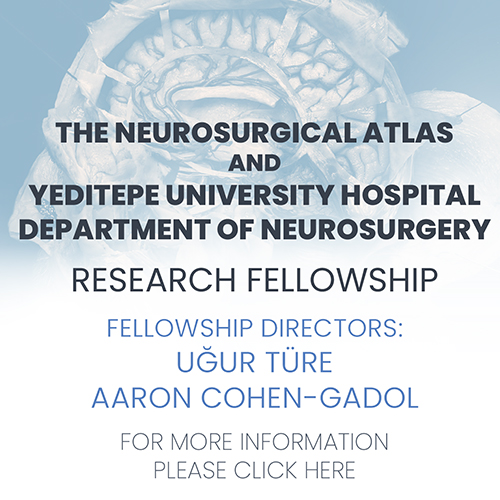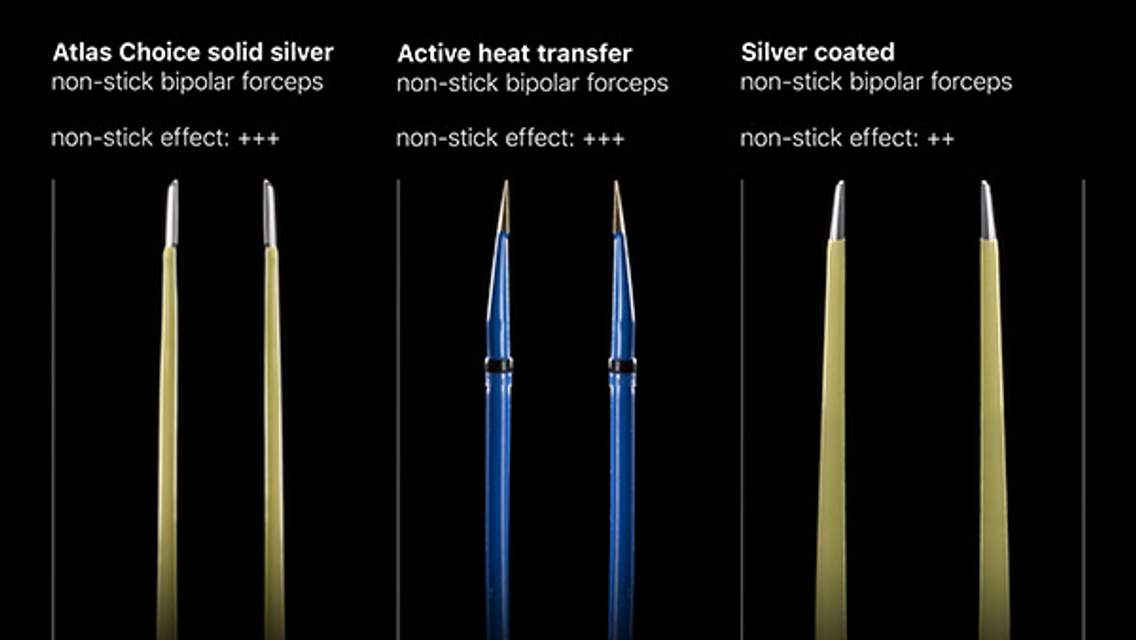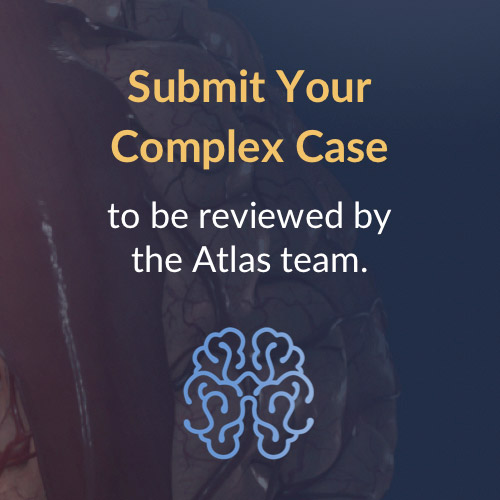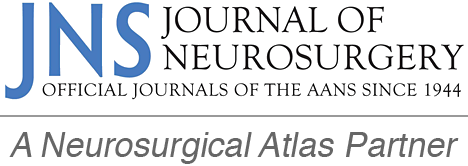Interview with Raymond Sawaya
How did you develop an interest in neurosurgery?
The interest in neurosurgery emanated primarily from an interest in the nervous system but also from influences provided by wonderful mentors.
What inspired you to pursue your neurosurgery training in the United States?
The United States was and remains the leading country in the field of neurosurgery. This is not only due to the number of highly regarded experts in the field but also because of the resources available in this country, which is unlike any other country in the world.
Could you describe your experience from finishing your early medical education in Lebanon to then obtaining a neurosurgery residency position in the United States?
Obtaining an internship spot in the United States was a major challenge. Hundreds of requests remained unanswered until I was fortunate to secure an internship spot in a small private hospital in Manhattan. This was a way to get a “foot in the door.”
From there, I applied for additional surgical training before applying for and securing a neurosurgical residency position. This additional training was necessary because I was educated in a French system and needed more exposure to the American way of working.
Could you describe some of the challenges you faced in this process and how you overcame them?
The challenges and barriers were numerous and substantial. Starting with being selected for training was a huge hurdle. Language barriers were an issue for me, as alluded to earlier.
Terminology and standards were very different from what I was exposed to in medical school. To overcome these challenges I needed perseverance, very hard work, and a healthy dose of ambition. One of the advantages of the American education system is that it is based on real meritocracy. Hard work and superior performances are recognized, promoted, and rewarded.
Having gone through the process yourself and then being in a position as a neurosurgery department chairman selecting residents/fellows, what advice would you give to prospective IMG applicants?
My early experiences in the United States date back to the mid-70s. Things have changed somewhat since then; however, basic principles have not. It is highly advisable to spend a significant amount of time in research while being exposed to the way things are done clinically in this country.
Academic productivity must be demonstrated in addition to good board exam scores. Working in a high-achieving environment can facilitate a greater degree of acceptance along with strong recommendation letters from well-established national leaders in the field.
In the end, there is no one factor that will help an international graduate secure a residency spot. It is the full set described above that will ultimately prove determinant. This is why there should be no timeline for achieving one’s goals. It should take whatever time is necessary to demonstrate readiness.
In addition to these “academic and performance” matters, one should not underestimate the importance of interpersonal skills. This is demonstrated by the desire to function as an effective team member, with a team-oriented way of thinking and behaving. Such qualities must be demonstrated during the interview period, should a trainee be fortunate to reach that point.
Please login to post a comment.

